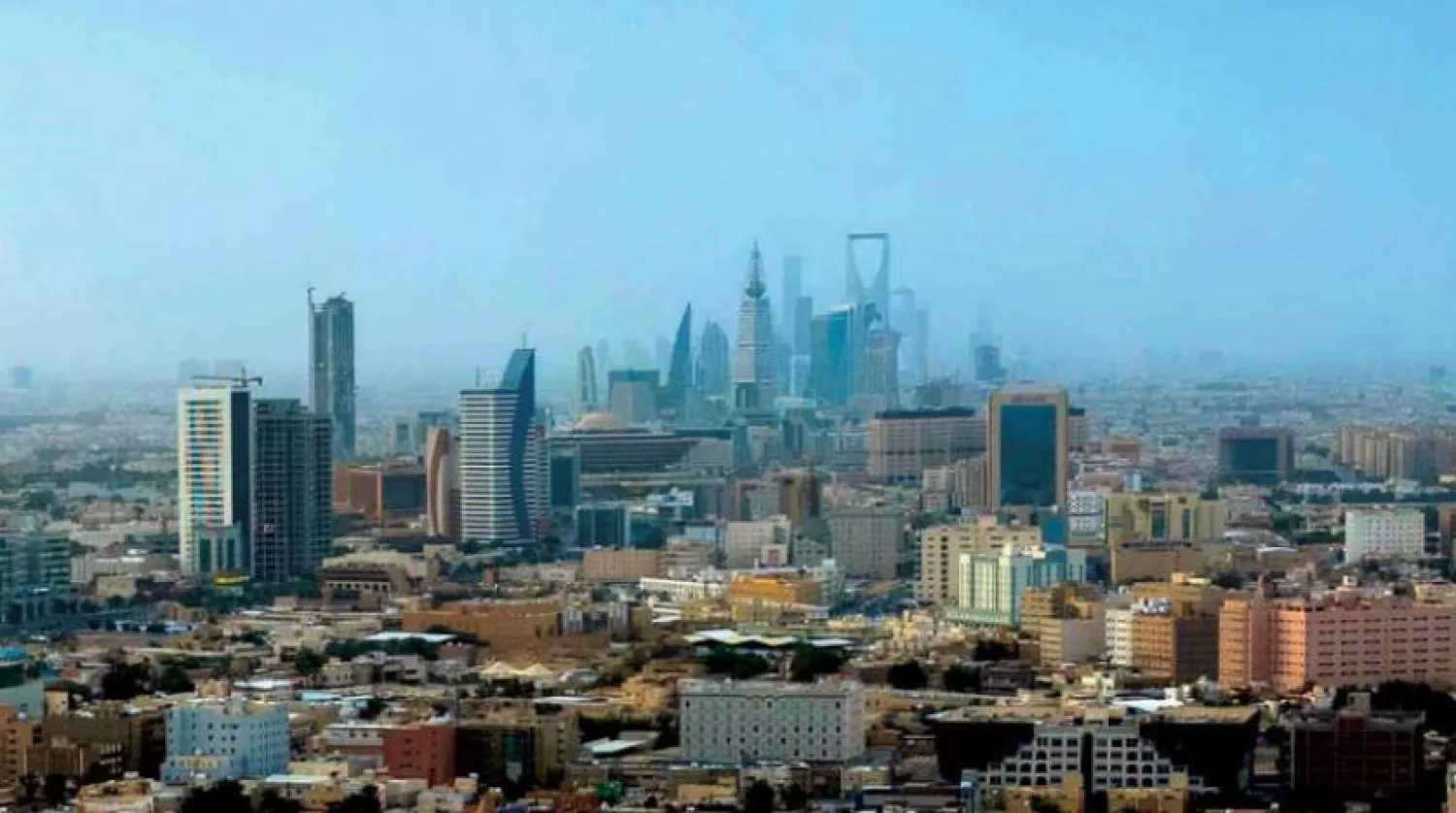Government officials and businessmen predicted that structural transformations will take place in the Saudi public and private sectors to shore up the Kingdom’s economy for the post-coronavirus phase.
Officials and businessmen unanimously agreed that change in the public sector should further enable the private sector to take the lead in economic development and raise productivity, freeing itself from dependence on the public sector.
These predictions were laid out in a virtual seminar held on Monday night and attended by Asharq Al-Awsat. The seminar was entitled “Empowering the Saudi economy during the pandemic” and was organized by a branch of the Saudi Finance Ministry.
It bore great optimism that the economy in the Kingdom would be on track to recovery if the current responses to the state’s treatment of the economy continue, and society interacts with raising preventive awareness in the country.
Ayman Afghani, Deputy Minister for Policies and Economic Planning at Ministry of Economy and Planning, said that optimism for recovery from the economic downturn is drawn from international indicators, especially those for major economies.
Afghani added that the crisis facing the Saudi economy is centered on the axes of declining oil prices and weak demand with COVID-19 precautionary measures.
According to the official, both factors began to recover with the closure of the national economy being lifted, suggesting growing sales and high financial withdrawals from banks.
Dr. Fahad Abdullah Aldossari, Deputy Governor for Research and International Affairs at the Saudi Arabian Monetary Authority (SAMA), revealed that despite the violent crisis in place, indicators of cash and liquidity are still in good standing. He confirmed that banking safety indicators are in good standing as well.
Bank credit, according to Aldossari, until last April recorded 12.2% growth, the highest since 2015, and reflects the banks ’continued provision of credit services, especially on mortgages.









